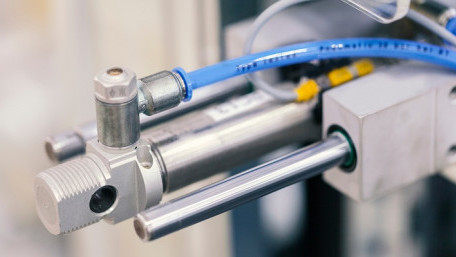
Fluid flow control is often crucial to control systems and can be achieved by incorporating control valves. In this article, we will look at the sequence valve…
Fluid flow control is often crucial to control systems and can be achieved by incorporating control valves. In this article, we will look at the sequence valve and its use in systems to automate fluid flow.

There are many different kinds of electric motors used for industrial power transfer, but there are also hydraulic and…
There are many different kinds of electric motors used for industrial power transfer, but there are also hydraulic and pneumatic motors that can lend advantages in some situations.

Safety is a concern in any system containing potential energy, whether electrical, chemical, or fluid. Each has methods…
Safety is a concern in any system containing potential energy, whether electrical, chemical, or fluid. Each has methods of protection, and for fluid systems, certain shutoff valves are used in situations when excess pressure can be a problem.
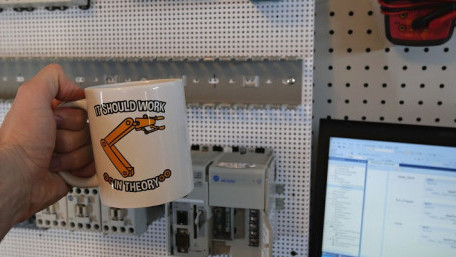
We are taught that parallel circuits maintain equal voltage across all branch resistors, equally sharing the source…
We are taught that parallel circuits maintain equal voltage across all branch resistors, equally sharing the source voltage. But reality is often far from ideal, and individual devices certainly impact the rest of the circuit.
Air power drives a lot of modern equipment. Robot grippers, ejectors, actuators, and rotary tables are just a few of the…
Air power drives a lot of modern equipment. Robot grippers, ejectors, actuators, and rotary tables are just a few of the devices controlled by air. What’s inside those banks of solenoid valves, and how do they work?
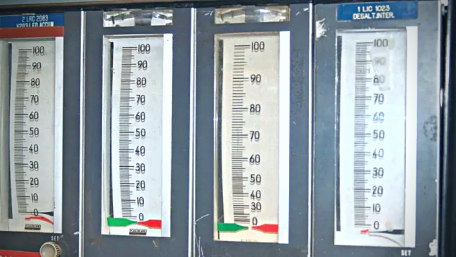
Learn about proportional gain and proportional band, two key proportional control concepts, to better understand the most…
Learn about proportional gain and proportional band, two key proportional control concepts, to better understand the most popular control system method in industrial automation.
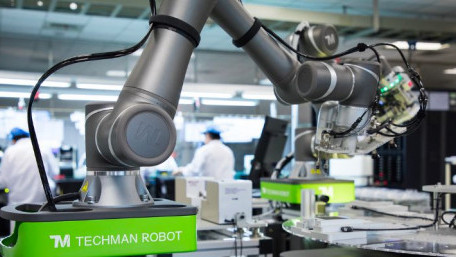
Learn about the common applications, programming procedures, and safety protocols of collaborative robot work cells,…
Learn about the common applications, programming procedures, and safety protocols of collaborative robot work cells, which are often simpler and less expensive than industrial robot work cells.
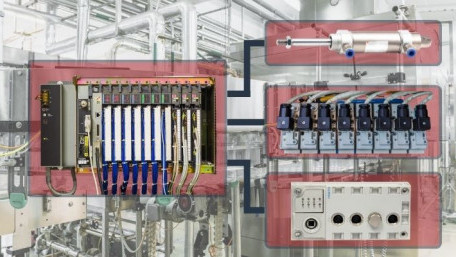
There are many distributed fieldbus capabilities for valve manifolds that can save on network overhead and wiring. In…
There are many distributed fieldbus capabilities for valve manifolds that can save on network overhead and wiring. In this article, we will look at PLC programming of fieldbus manifolds highlighting Festo's CPX layout.
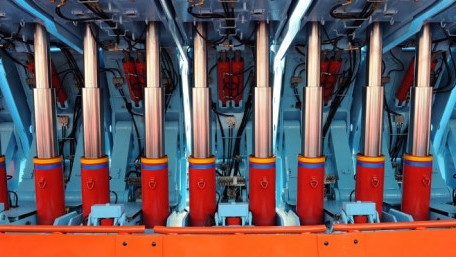
What if you could control the end position and the speed of a hydraulic actuator accurately with just a simple signal?…
What if you could control the end position and the speed of a hydraulic actuator accurately with just a simple signal? Some systems use simple open/close valves, but others require far more precision.
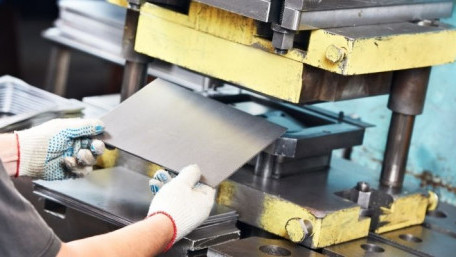
In honor of May the 4th, Star Wars Day, we compare the sources and applications of the two most common force-delivery…
In honor of May the 4th, Star Wars Day, we compare the sources and applications of the two most common force-delivery systems - mechanical and hydraulic.
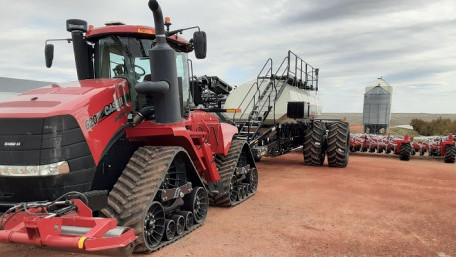
Our Control Automation engineering staff got the chance to visit a commercial farm in North Dakota and learn the hardware…
Our Control Automation engineering staff got the chance to visit a commercial farm in North Dakota and learn the hardware and software making these huge automated tractors ready for high-tech ‘field’ work.
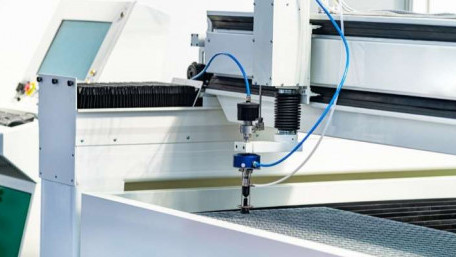
Linear position sensors are used in electrical and fluid-actuated motion devices. They allow extremely precise position,…
Linear position sensors are used in electrical and fluid-actuated motion devices. They allow extremely precise position, velocity, and acceleration control, and provide feedback to ensure product quality and tolerance compliance.
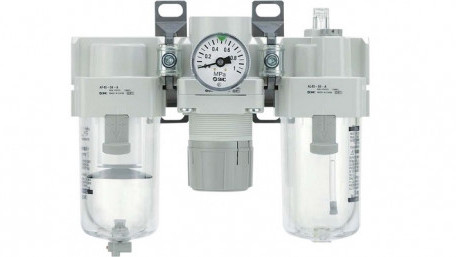
Moisture inside industrial pneumatic systems is a major cause for concern, and if the air is not filtered or dried…
Moisture inside industrial pneumatic systems is a major cause for concern, and if the air is not filtered or dried properly, it can lead to serious failures.
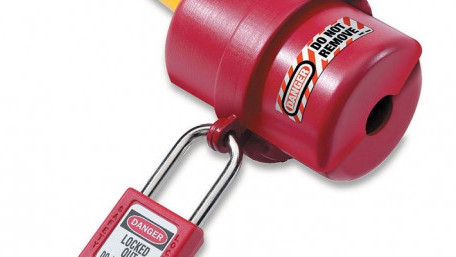
One of the most visible elements of industrial safety is the use of lock-out-tag-out (LOTO) devices, familiar to those…
One of the most visible elements of industrial safety is the use of lock-out-tag-out (LOTO) devices, familiar to those with experience. But, if you are new to the workforce, a brief introduction may be helpful.
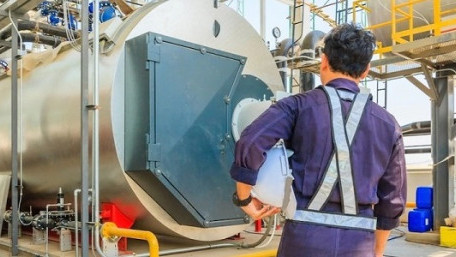
This article looks at the safety systems included in boilers to alert malfunctions and prevent damage when issues arise.…
This article looks at the safety systems included in boilers to alert malfunctions and prevent damage when issues arise. Learn about the safety systems and the ISO standard used to keep boilers running smoothly.
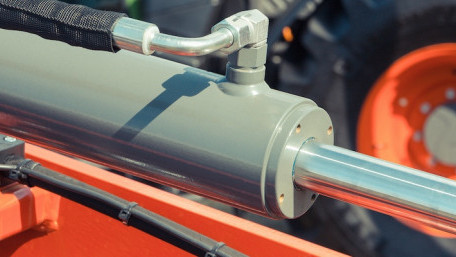
Learn the strategy called 'feed forward' which can predict motion control system outputs. This helps to turn the feedback…
Learn the strategy called 'feed forward' which can predict motion control system outputs. This helps to turn the feedback into a double-check as opposed to the sole provider of the output signal.
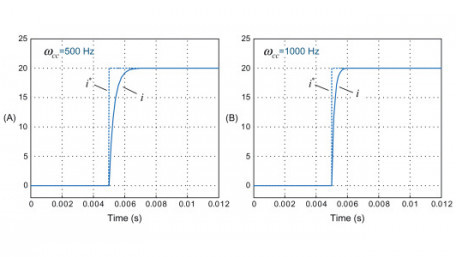
This article discusses the meaning of integral gain and how to calculate integral gain to achieve better control results.
This article discusses the meaning of integral gain and how to calculate integral gain to achieve better control results.

Learn all about exoskeletons, a way to fuse robotics and humans in ways that can help the manufacturing process while…
Learn all about exoskeletons, a way to fuse robotics and humans in ways that can help the manufacturing process while protecting the human body from excessive strain.
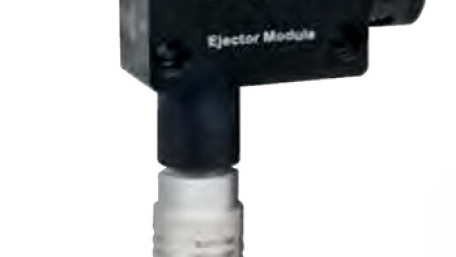
Vacuum pressures are not uncommon, but they can be more complicated than standard air systems. This article explores…
Vacuum pressures are not uncommon, but they can be more complicated than standard air systems. This article explores pneumatic vacuums, exploring applications, uses, and types.
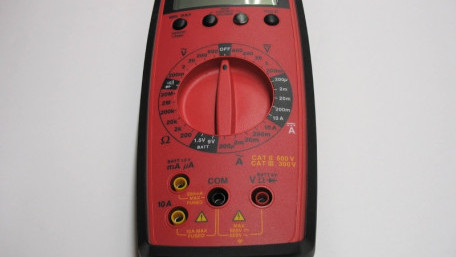
The simplest and most common measurement to obtain using a multimeter is voltage, in fact, they are often called…
The simplest and most common measurement to obtain using a multimeter is voltage, in fact, they are often called ‘voltmeters’ for this reason.
